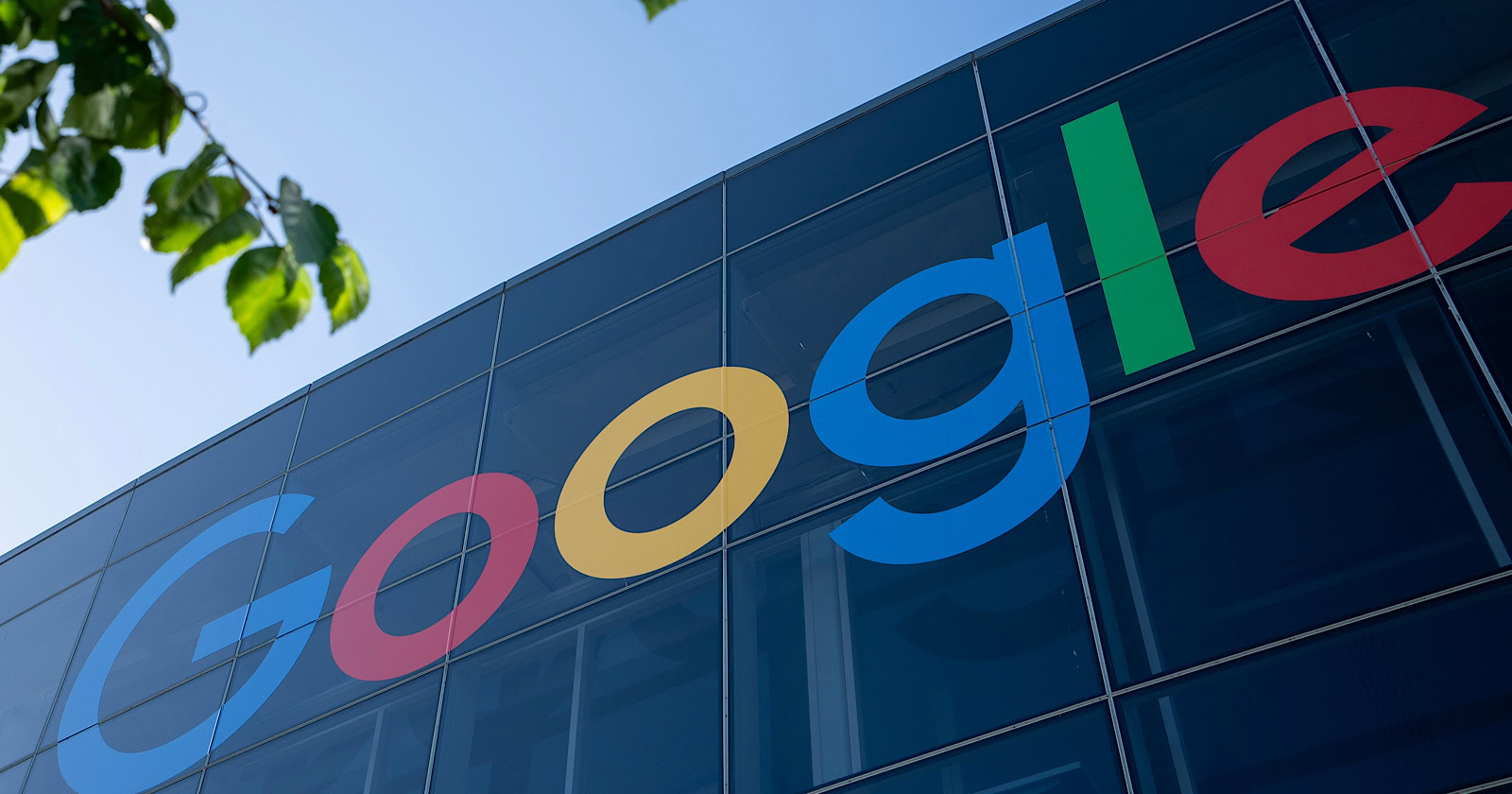Ask An SEO: How Do We Shift Google From Our Old Brand Name to Our New One?
The question for this edition of Ask An SEO comes from a reader who’s trying to make their rebrand stick in search: “Our company recently went through a rebrand with a new name. We’re seeing our old brand name still dominating search results, while our new brand barely registers. What’s the best approach to transition … Read more










